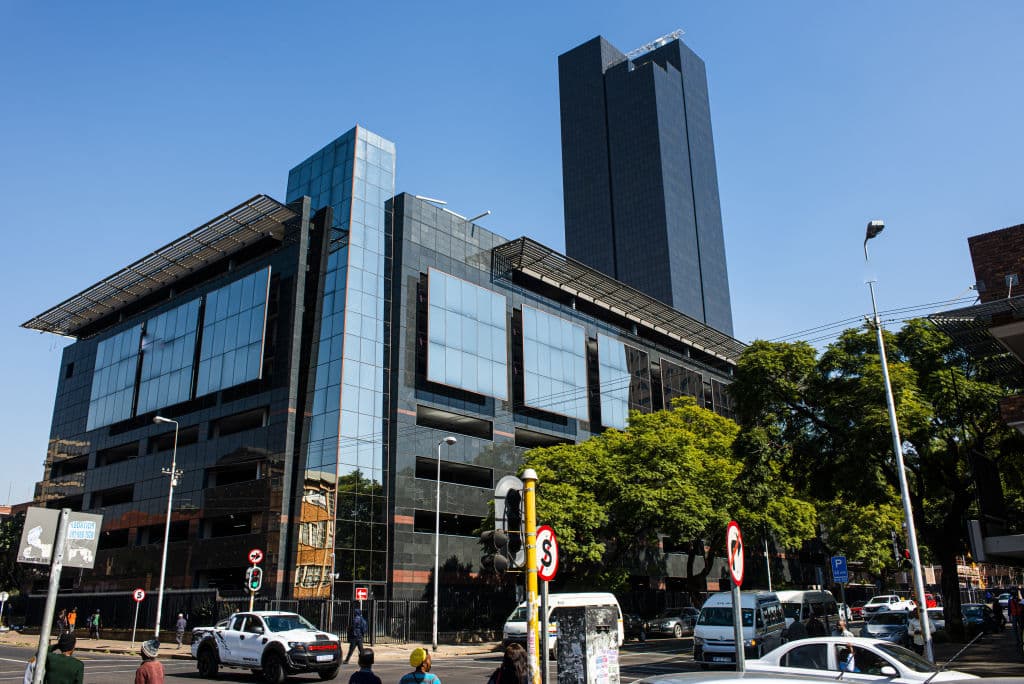Topline
The wake of the Covid-19 pandemic and aggravated geopolitical tensions have left the global economy in a period of persistently high inflation and weaker economic growth. On Thursday, the South African Reserve Bank (SARB) stated its forecast for global growth in 2022 is revised down from 3.5% in the May meeting to 3.3%, and has lowered to 2.5% (from 2.7%) for 2023 and 2024.
Key Facts
“Last year saw the South African economy expand by 4.9%,” Lesetja Kganyago, Governor of the South African Reserve Bank, said in a statement on Thursday. “This year the economy is expected to grow by 2.0%, revised up from 1.7%. Growth in output in the first quarter of this year surprised to the upside, at 1.9%, stronger than the 0.9% expected at the time of the May meeting.”
Russia’s war in Ukraine has continued to impair the production and trade of a wide range of energy, food and other commodities, which have affected economies globally. In South Africa, the flooding in KwaZulu-Natal in April and extensive load-shedding across the country in the last month have resulted in a contraction of 1.1% in the second quarter. Growth in the third and fourth quarters is forecast to be 0.7% and 0.4%, respectively.
“In the second quarter of this year, headline inflation breached the target range and is expected to remain above it until the second quarter of 2023. By the fourth quarter of 2024, we expect headline inflation to revert to the mid-point of the target range, on the back of declining fuel and food inflation,” Kganyago added.
Stats SA on Wednesday announced that consumer inflation had jumped to 7.4% – substantially above the bank’s target of 3% to 6%.
Loading...
Against this backdrop, the Monetary Policy Committee (MPC) decided to increase the repurchase rate by 75 basis points to 5.50% per year, with effect from today (July 22). This decision is the steepest hike since September 2002 as it puts South Africa’s repo rate at 5.5% and the prime rate at 9%.
“In this uncertain environment, monetary policy decisions will continue to be data dependent and sensitive to the balance of risks to the outlook,” Kganyago said. “The MPC will seek to look through temporary price shocks and focus on potential second round effects and the risks of de-anchoring inflation expectations. The Bank will continue to closely monitor funding markets for stress.”
Loading...
